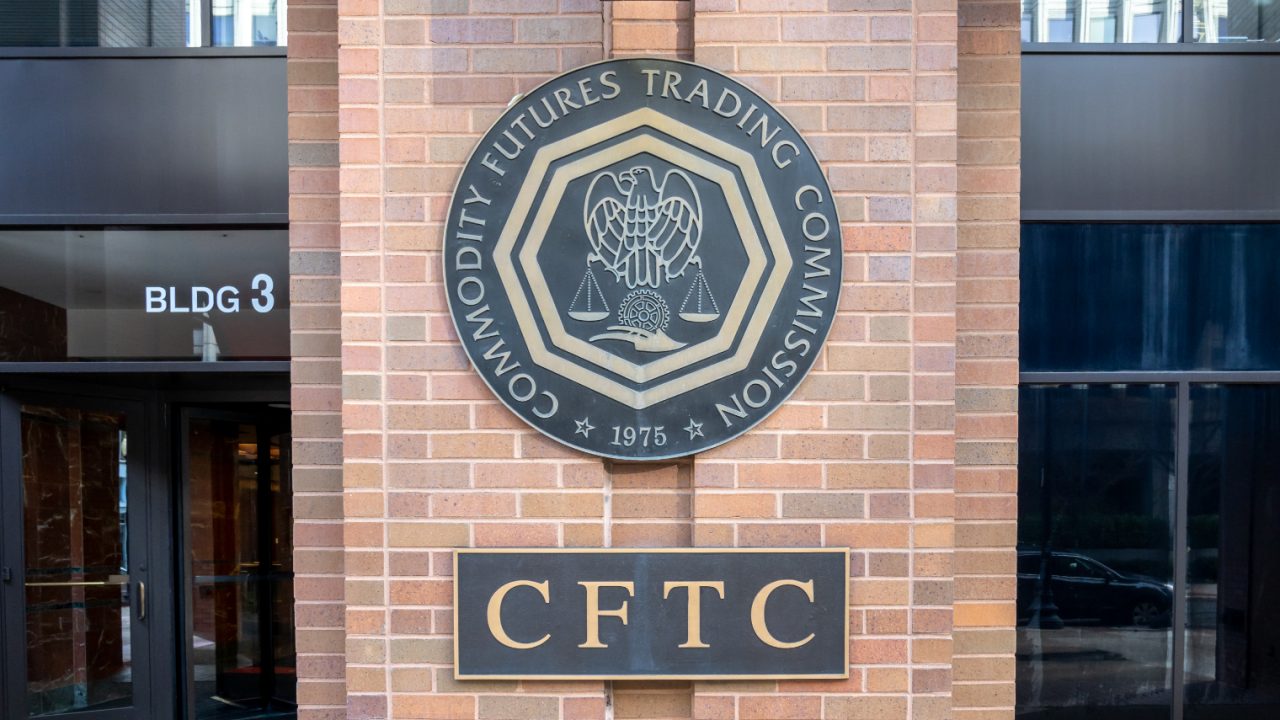CFTC Chair Resigns Amid Calls for Stronger Crypto Oversight
07.01.2025 18:45 1 min. read Alexander Zdravkov
Rostin Behnam, Chairman of the U.S. Commodity Futures Trading Commission (CFTC), has announced his resignation, effective January 20.
His decision comes amid broader changes in financial regulatory leadership, following the recent departure of SEC Chairman Gary Gensler. Speculation has arisen about the direction of U.S. financial oversight, with Republican commissioners Summer Mersinger or Caroline Pham rumored as potential interim replacements for Behnam.
Behnam has been a vocal advocate for stronger cryptocurrency regulations, citing significant gaps in oversight as digital assets like Bitcoin gain popularity among retail and institutional investors. He warned that the lack of comprehensive regulation poses substantial risks, particularly as traditional financial institutions increasingly adopt these technologies.
During his tenure, Behnam solidified the CFTC’s role in the crypto market, spearheading initiatives like the $4.3 billion settlement with Binance, the world’s largest cryptocurrency exchange. His resignation leaves the agency at a pivotal moment as the U.S. grapples with the challenges of regulating a rapidly growing digital asset market.
With Behnam’s exit and crypto advocate Paul Atkins set to take over at the SEC, the regulatory landscape is poised for significant changes in how the U.S. approaches financial innovation and digital asset oversight.
-
1
History Shows War Panic Selling Hurts Crypto Traders
28.06.2025 18:30 3 min. read -
2
Ripple Faces Legal Setback as Court Rejects Bid to Ease Penalties
26.06.2025 16:54 1 min. read -
3
Coinbase Surges 43% in June, Tops S&P 500 After Regulatory Wins and Partnerships
29.06.2025 21:00 2 min. read -
4
Ripple Has Applied for a National Banking License
03.07.2025 7:00 2 min. read -
5
What Will Happen With the Stock Market if Trump Reshapes the Fed?
29.06.2025 13:00 2 min. read
Bank of America CEO Confirms Stablecoin Plans Are in Motion
Bank of America is actively developing a stablecoin offering, CEO Brian Moynihan revealed during a post-earnings conference call on Wednesday.
PayPal Expands PYUSD to Arbitrum in Latest Blockchain Push
PayPal has expanded its stablecoin, PayPal USD (PYUSD), to the Arbitrum network, marking a key step in its strategy to integrate with faster, more cost-efficient blockchain infrastructure.
Citigroup Explores Launching Stablecoin as Banks Embrace Crypto Shift
Citigroup is evaluating the potential launch of its own U.S. dollar-backed stablecoin, signaling a growing shift in sentiment among traditional financial institutions toward digital assets.
JPMorgan CEO Jamie Dimon Comments Stablecoins
JPMorgan Chase CEO Jamie Dimon remains skeptical of stablecoins—but says ignoring them isn’t an option for the world’s most powerful bank.
-
1
History Shows War Panic Selling Hurts Crypto Traders
28.06.2025 18:30 3 min. read -
2
Ripple Faces Legal Setback as Court Rejects Bid to Ease Penalties
26.06.2025 16:54 1 min. read -
3
Coinbase Surges 43% in June, Tops S&P 500 After Regulatory Wins and Partnerships
29.06.2025 21:00 2 min. read -
4
Ripple Has Applied for a National Banking License
03.07.2025 7:00 2 min. read -
5
What Will Happen With the Stock Market if Trump Reshapes the Fed?
29.06.2025 13:00 2 min. read


